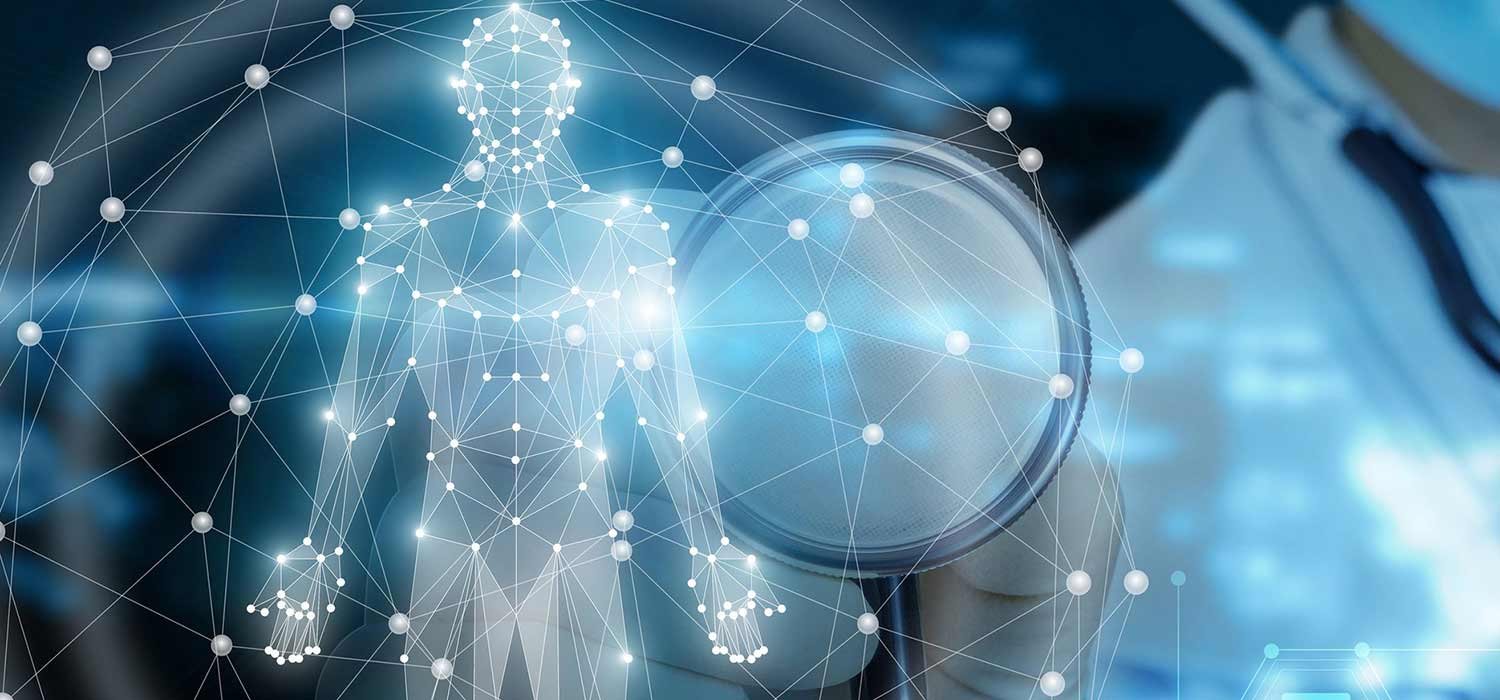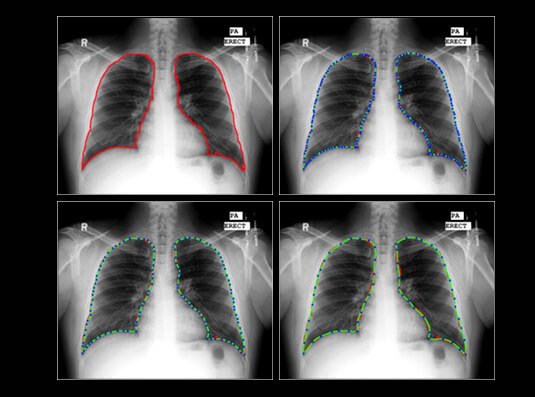Why Bill Gates is wrong about AI and 3 things he needs to realize ...
Bill Gates has been making headlines recently with his vision of a future dominated by artificial intelligence (AI). In his discussions and interviews, Gates envisions a world where AI will revolutionize various aspects of our lives, from education to healthcare.
The Current State of AI
While Gates's enthusiasm for AI is commendable, it's essential to acknowledge that the current capabilities of AI may not align entirely with his vision. Despite significant advancements in AI technology, especially in areas like language processing and image recognition, there are still fundamental challenges that AI faces.
Current AI models, such as ChatGPT and Gemini, excel at specific tasks like mimicking human conversation and generating content. However, they are far from perfect and often make mistakes that can have serious consequences, particularly in critical fields like healthcare and education.

One of the significant challenges AI developers are grappling with is the availability of quality training data. Without sufficient and diverse datasets, AI models may struggle to perform effectively and accurately, leading to subpar results.
The Human Element
Even if AI technology continues to improve, it's essential to recognize that AI will never fully replace the unique qualities that humans bring to certain roles. Jobs like teaching and healthcare require not just technical proficiency but also emotional intelligence, empathy, and real-life experience.

While AI can assist in tasks like data analysis and automation, it may struggle to replicate the nuanced interactions and emotional connections that humans excel at. The human touch in professions like teaching and caregiving is irreplaceable and deeply valued by individuals seeking support and guidance.
The Future of AI
Gates's vision of a future where AI dominates every aspect of human life may be overly ambitious and oversimplified. While AI has the potential to augment and enhance various services, it should be seen as a complementary tool rather than a complete replacement for human expertise.
Ultimately, the integration of AI into our society should focus on collaboration between humans and machines, leveraging the strengths of each to create a more efficient and impactful system. By recognizing the limitations of AI and embracing its potential as a supportive tool, we can build a future where technology enhances, rather than supplants, human capabilities.

It's important to remember that while AI has the power to transform our world, it must do so in a way that respects and preserves the essential human qualities that make our society unique and valuable.










